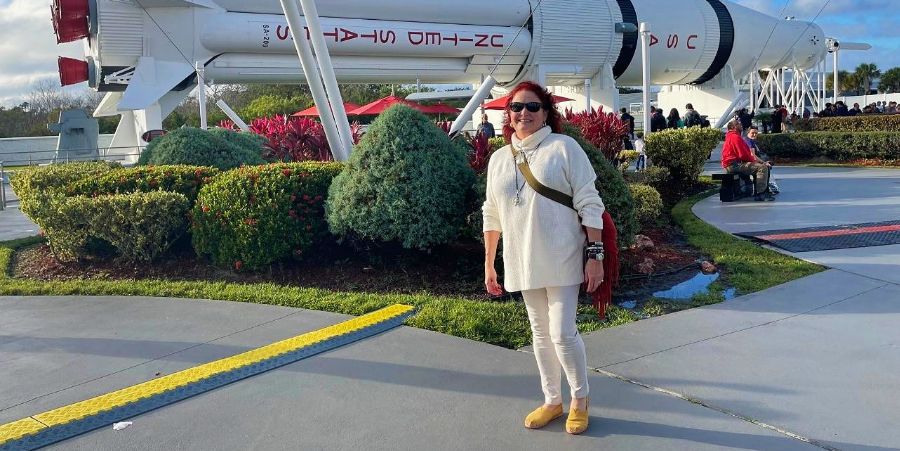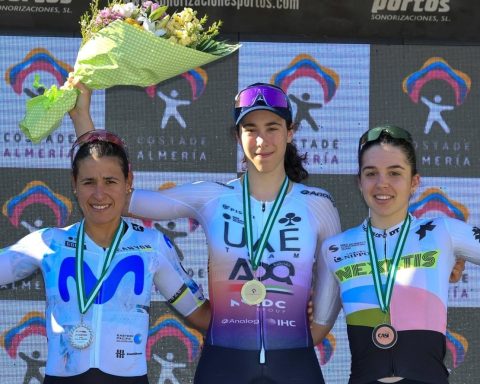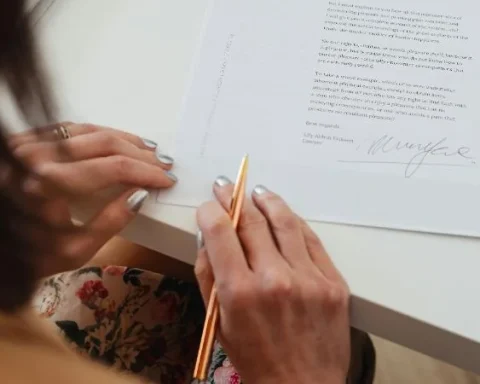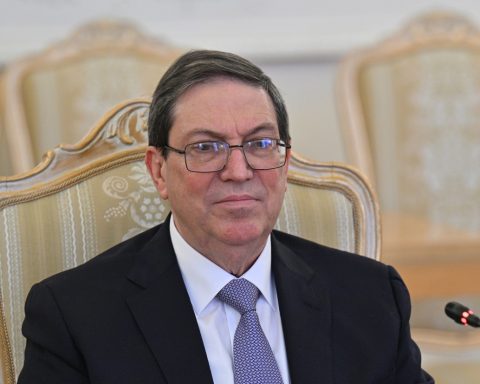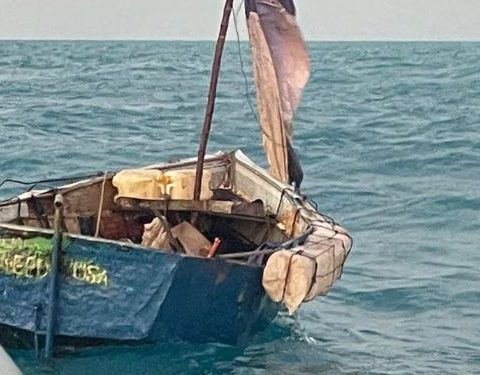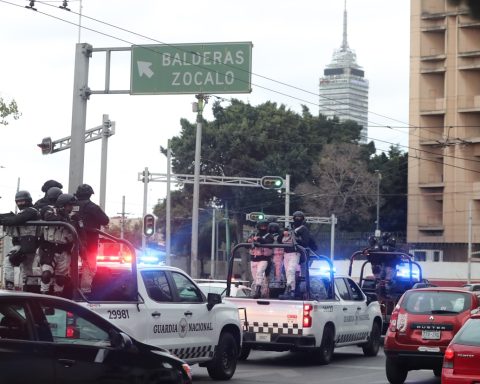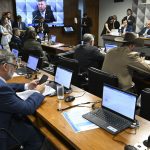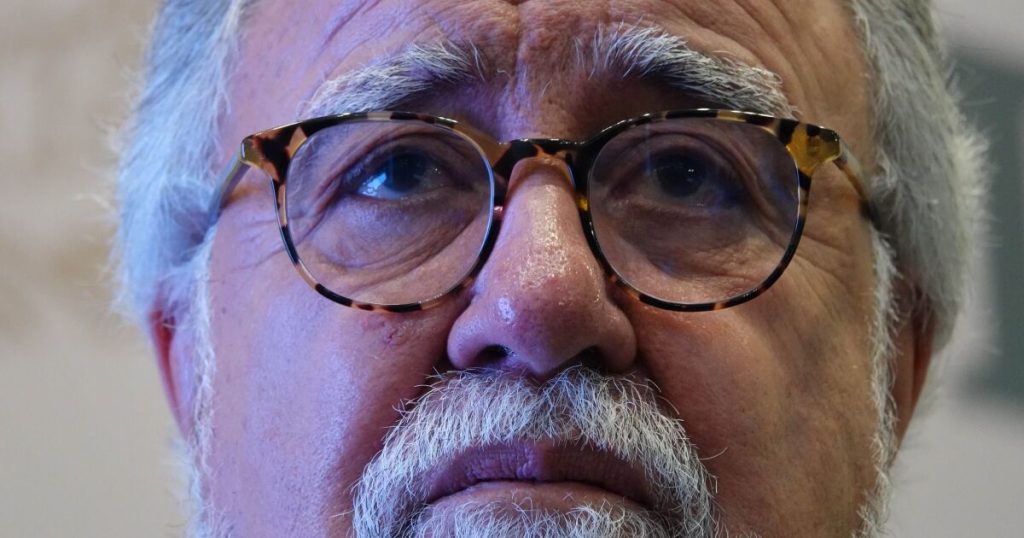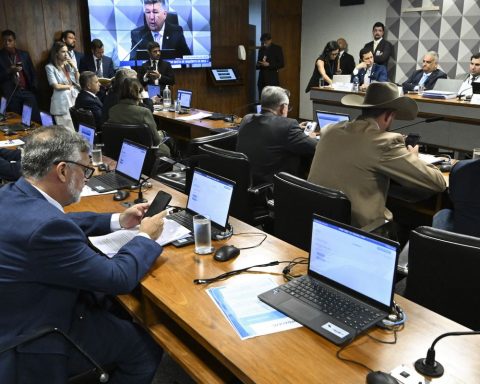MATANZAS, Cuba. – Doctor of Medicine María Eugenia Lima Pimentel specialized in Cardiology in Cuba in 1997. Although her experience in the health sector on the island is positive due to the knowledge and teaching of her professors, she points out that both her studies and her work in the largest of the Antilles were “difficult” and “exhausting” periods.
Today, Maria Eugenia, 54 years old, lives in MiamiUnited States, and works at Kendall Regional Medical Center, which provides care to an area with a predominantly Hispanic population.
Although he was aware that practicing medicine in another country would be complex, he also assumed that he could achieve it, or at least work in a job related to his field of study.
―What were your first years like in the health sector in Cuba?
―I worked while I was studying. I remember that I was on duty at a provincial hospital in Matazas, at that time Faustino did not exist. [Pérez]; the only emergency unit was ours, because the Military Hospital was very small and difficult to access. For one day, in such a populated city, there were only two ampoules of furosemide, two ampoules of bronchodilators, two chest X-rays; there was no cart with a defibrillator to bring the patient out of cardiac arrest…
When we had an arrest alarm in the hospital, we had to shout and try to alert the anesthesiologist on duty, who was in good condition and on the third floor and had to come down with the electrocardiogram cart, because there was no machine for that either. While everything was arriving, we attended to the patient as best we could, supplying oxygen and giving external cardiac massage.
―What were the rest of the working conditions like during the 24 hours?
―You couldn’t go home and the food was really bad, terrible. It was a lot of work, it was difficult even to drink water. We had to go far, to the dining hall, to get a glass of water while we were working and it was a marathon. You did it with your eyes closed.
―What happened after finishing your Internal Medicine specialty?
―I went to the Cardiology department. The teaching was in Havana, at the Cardiology Institute and the Ameijeiras Brothers HospitalThere I got to know medicine on a different level. My teachers traveled abroad for training, at least one or two months a year, and they came back with new techniques and study materials.
In Havana, the patients were different: managers of foreign companies, high-ranking military officers, important artists, ministers, people with potential… When I had a patient like this and he wanted to repay me in some way, I gave him articles that the professors brought and asked him to photocopy them for me; it was the only way to study the latest developments.
―Was the situation in the health sector better in Havana?
―There were certain conditions there, much better than in Matanzas, but others were the same; the food was still terrible. The room we had to sleep in during a shift was a bed that was inside a bathroom on the first floor of the Institute. On the other hand, we had an Intensive Care Unit with many resources and a hemodynamics room that still does not exist in Matanzas or in many provinces of Cuba. It was a mixture of blood, sweat, tears and knowledge.
―Why did you decide to emigrate?
―I was in my third year of college, my dad, who was a cardiologist, was giving me a class. He was 60 years old and I remember saying: “When I am that age, I don’t want to be in a place like this.” I knew the work it took to get the six kilometers from my house to the Provincial Hospital. I thought that at 60 years old, it was totally unfair after working all my life. I remember telling him once that I would rather clean the windows of a McDonald’s than continue to suffer in Cuba.
The day I finished medical school, when I had to start working, I didn’t have a pair of shoes. The only closed-toe ones I had were broken; they had lasted three years with me during college.
I didn’t want luxuries or anything out of this world, just to have a life with a job that would allow me to live off of it and have my moments of enjoyment like any other human being. I was driven to leave the country by discomfort, by the inability to imagine a future different from what I was living, which life later confirmed for me, because nothing has changed in my country.
―What happened when you left the Island?
―I left Cuba and went to live in Uruguay In December 1997, thanks to a letter of invitation, I went to spend time as a tourist and started working as a doctor the following year. The process of getting my documents approved took longer than usual. I had to learn the work culture, and when I arrived in the United States anyway, it was completely different from what I was used to.
I arrived in the country [EE.UU.] I applied for a medical visa to attend a conference; I applied for it and was granted it without any problems in 2002. When I arrived here I decided that I was not going to return. After a year and a day I was granted residency.
―What do you do nowadays?
-Am Nurse practitioner [enfermera especializada]I only had to study for 18 months because my degree was adapted to the curriculum of medical graduates abroad. The most difficult thing was that the study was mixed with nursing practice.
We need to diagnose and treat, prioritize patients and provide nursing services. Here nurses can refute a treatment, we have to be able to identify the disease, treat it, discuss it with the patient and their family, and with doctors from other specialties. We have the ability to practice independently, I can have my own office.

―Do you feel professionally fulfilled?
―I am very fulfilled, because I work as nurse practitioner in Cardiology and, on the other hand, in my other great love: Internal Medicine.
―What would the Cuba of your dreams be like?
―The Cuba of my dreams can no longer exist, because it includes people who are not here, some because they left the country, others because they went to another dimension. What makes the moments wonderful is not only the place where you are, but the people who experience them with you. However, I would like to see a country of educated and well-educated people; that makes you free, and freedom gives you the ability to respect those who think differently without ceasing to defend what is yours.
I long for the development of an organized civil society, where institutions have value, where the slogan “shame against money” is recovered. I see with pain that doing illegal things in order to improve has become normalized. The term “resolve me” does not exist in any other country in the world as it does in Cuba.
Economically, I would like to see a prosperous country. I have visited almost all of South America and the Cubans I have met are hard-working, prosperous; they adapt, they arrive without losing their culture, except for the exceptions to the rule. I would like a Cuba that flourishes, where young people do not have to constantly think about leaving the country to seek better opportunities in life. A cultured, democratic, transparent Cuba; and to recover the level of training of doctors that has changed a lot since I studied until now.
Follow our channel WhatsApp. Receive the information from CubaNet on your cell phone through Telegram.
